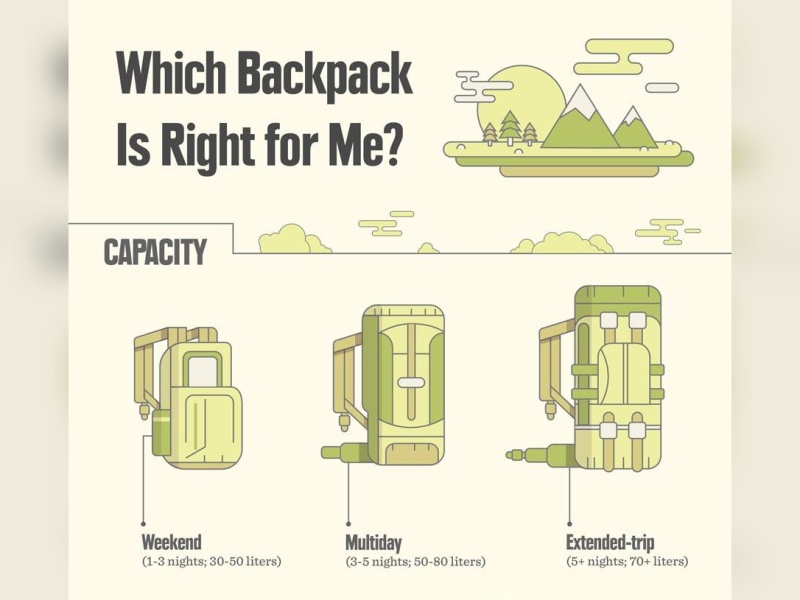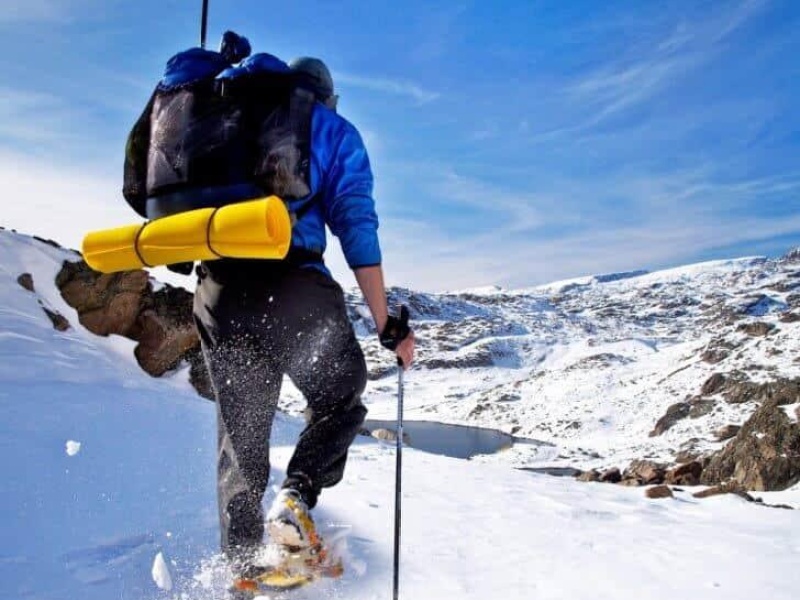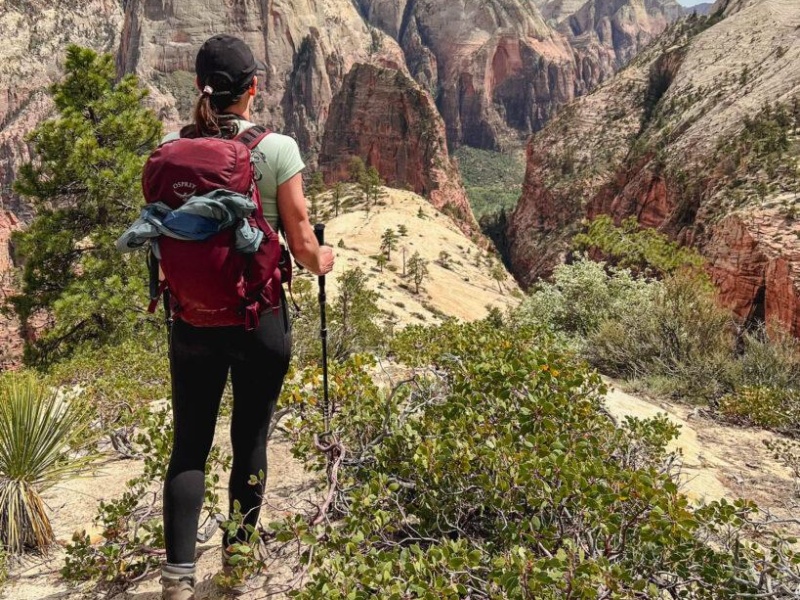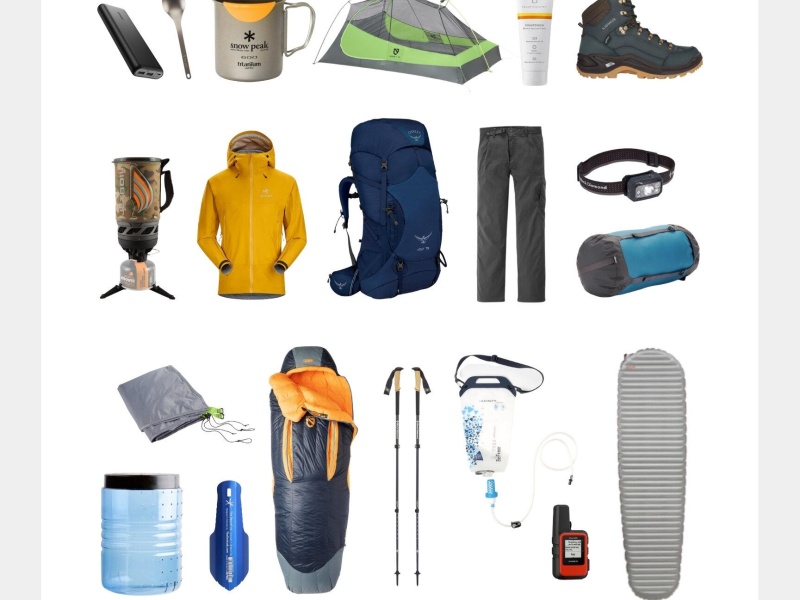1. Overpacking: The Weight of Unnecessary Items
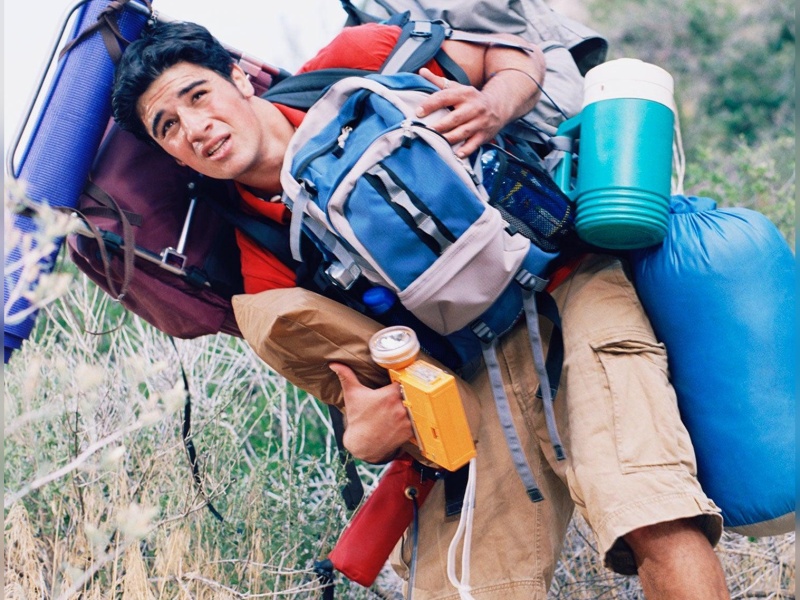
One of the most common mistakes backpackers make is overpacking. It's easy to fall into the trap of thinking you need to prepare for every possible scenario, but carrying too much can quickly turn your adventure into a burden. Overpacking not only strains your back and shoulders but also limits your mobility, making it harder to navigate through crowded streets, hike up trails, or hop on and off public transportation. The key is to pack smart—focus on versatile clothing, essential gear, and lightweight items. Remember, you can always buy or rent items at your destination if needed. A lighter backpack means more freedom to explore and enjoy your trip without unnecessary stress.
2. Poor Planning: The Pitfalls of Overconfidence
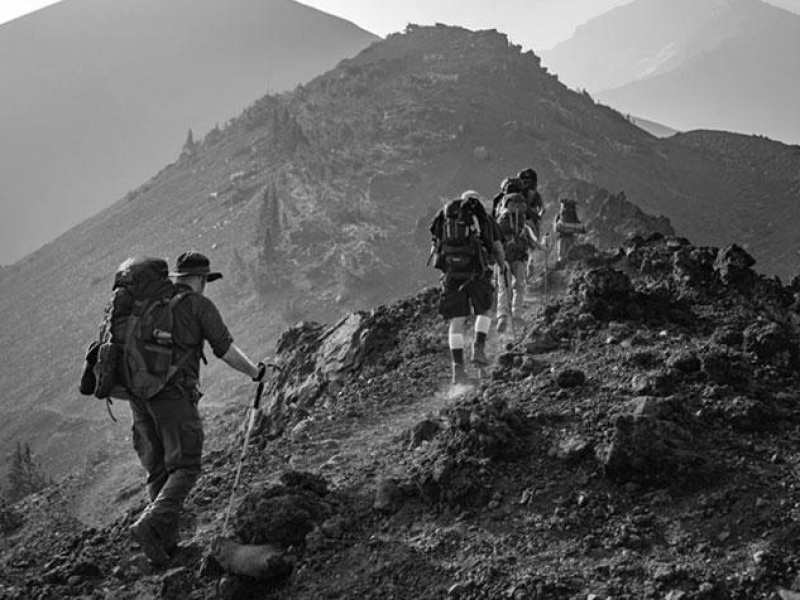
While spontaneity can add excitement to your journey, poor planning can lead to avoidable setbacks. Many backpackers underestimate the importance of researching their destination, leading to issues like missed transportation, overbooked accommodations, or unexpected weather conditions. A well-thought-out itinerary doesn’t mean you have to stick to a rigid schedule, but it does provide a safety net. Research local customs, transportation options, and must-see attractions. Check visa requirements and vaccination needs well in advance. A little preparation goes a long way in ensuring a smooth and enjoyable trip.
3. Ignoring Safety: Risks That Can Derail Your Adventure
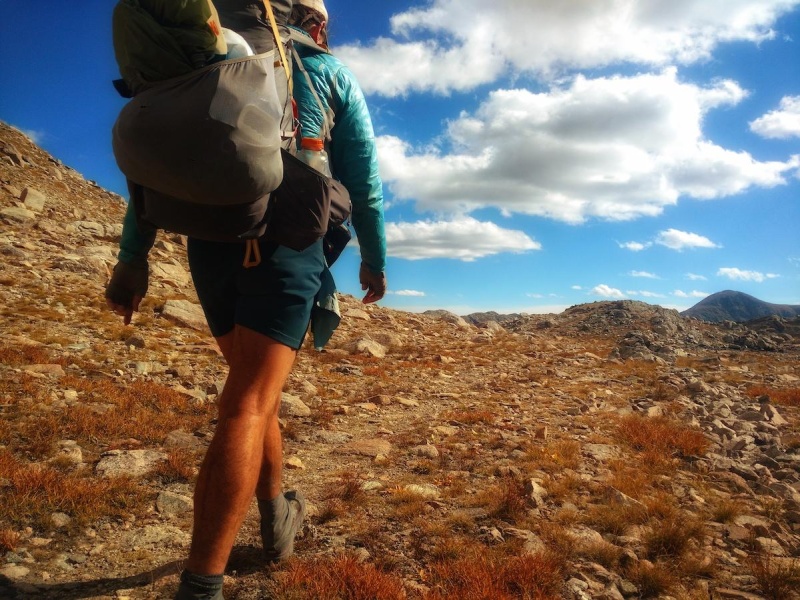
Safety should always be a top priority when backpacking, yet it’s often overlooked in the excitement of travel. Ignoring basic safety precautions can lead to theft, accidents, or even health emergencies. Always keep your valuables secure, whether it’s using a money belt or locking your belongings in a hostel locker. Be aware of your surroundings, especially in unfamiliar or crowded areas. Additionally, invest in travel insurance—it’s a small price to pay for peace of mind. Don’t forget to share your itinerary with someone back home and check in regularly. A safe trip is a happy trip.
4. Budget Blunders: Overspending and Underspending
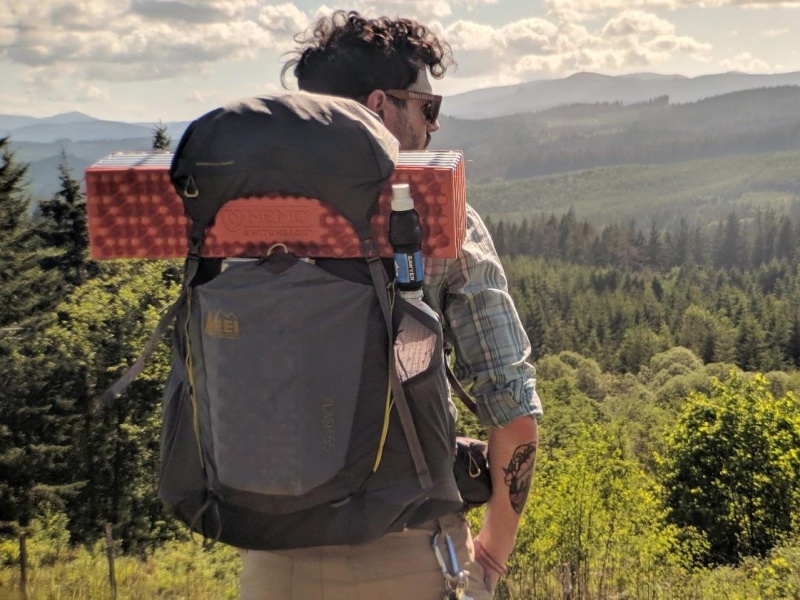
Managing your budget is a delicate balance that can make or break your backpacking experience. Overspending on unnecessary luxuries can drain your funds quickly, leaving you strapped for cash when you need it most. On the other hand, being too frugal can mean missing out on unique experiences or compromising on safety and comfort. Create a realistic budget that includes accommodation, food, transportation, and activities, but also leaves room for unexpected expenses. Track your spending daily to stay on top of your finances. Remember, the goal is to enjoy your trip without financial stress.
5. Neglecting Health: The Importance of Self-Care on the Road
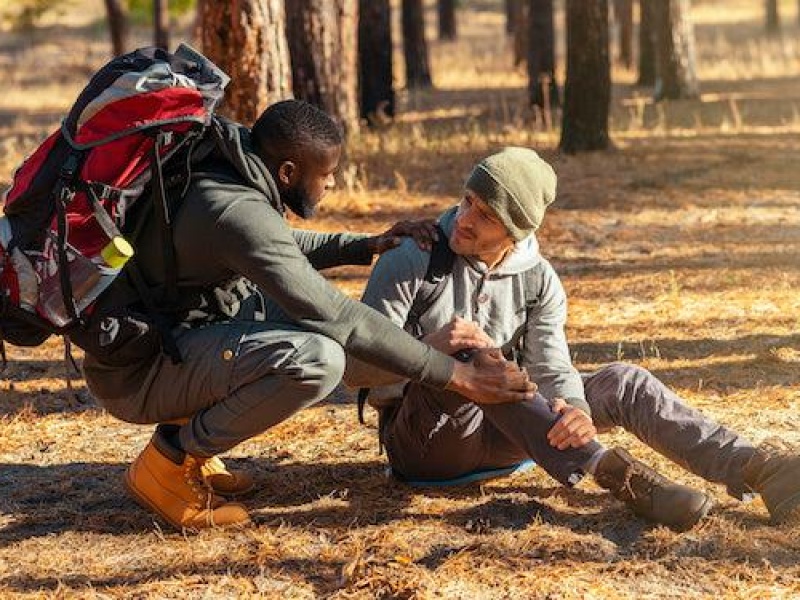
Backpacking can be physically demanding, and neglecting your health can quickly ruin your trip. Long hours of walking, irregular sleep patterns, and unfamiliar foods can take a toll on your body. Stay hydrated, eat nutritious meals, and get enough rest to keep your energy levels up. Don’t forget to pack a basic first-aid kit with essentials like band-aids, pain relievers, and any prescription medications you may need. Listen to your body—if you’re feeling unwell, take a break. Your health is your most valuable asset, and taking care of it ensures you can fully enjoy your adventure.
Key Takeaways
Backpacking is an incredible way to explore the world, but it’s easy to make mistakes that can turn your dream trip into a nightmare. Avoid overpacking by focusing on essentials and versatile items. Plan ahead to prevent logistical headaches, but leave room for spontaneity. Prioritize safety by securing your belongings and investing in travel insurance. Manage your budget wisely to avoid financial stress, and don’t neglect your health—stay hydrated, eat well, and rest when needed. By avoiding these common pitfalls, you can ensure a memorable and enjoyable backpacking experience.
Frequently Asked Questions
Q: How do I decide what to pack for a backpacking trip?
A: Focus on versatile, lightweight items that can be mixed and matched. Pack for the climate and activities you’ll be engaging in, and remember that less is more.
Q: Is travel insurance really necessary?
A: Yes, travel insurance is essential. It covers unexpected medical expenses, trip cancellations, and lost or stolen belongings, providing peace of mind during your travels.
Q: How can I stay safe while backpacking?
A: Stay aware of your surroundings, secure your valuables, and avoid risky situations. Share your itinerary with someone back home and check in regularly.
